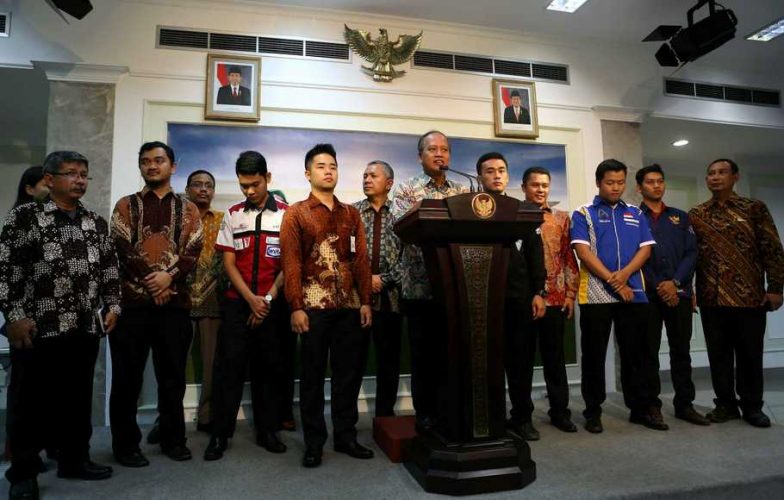Horas team from North Sumatra University (USU) is one of the winning teams in the Shell Eco Marathon contest series in Manila, Philippines and won two. Team Horas is one of the team from Indonesia besides other teams who also come from various universities such as University of Indonesia, Sebelas Maret University, Jakarta State University and Bandung Institute of Technology.
“One of our specialty products is cars with ethanol fuel,” said Arie Matthew Bangun, a USU student at the presidential office, Jakarta, Wednesday (30/9).
Cars with ethanol fuel is conceptualized as a city car with three wheels. Products like this he said suitable for use in the context of urban life.
The final students said their research results were supported by local government and local industry to participate in the international scale contest. But he hopes, the campus can be more supported by the government in terms of laboratory equipment and computerization that support the researches and research they do.
While Lecturer of the Faculty of Mechanical Engineering USU, Dr. Himsar Ambarita who helped accompany said so far with the lack of equipment addressed by the students by making their own assemblies. Himsar hopes the creativity and innovation of students especially in the field of science and technology can diakoodir with adequate facilities.
“The tools in the lab are old enough, they (students) must stay up to make (tool) handmade,” said Himsar.
In fact he said not infrequently used equipment is still the product of the 1970 to 1980s.
On different occasions, the Minister of Research of Higher Education and Technology, M.Nasir acknowledged the barriers young innovators in research is the lack of infrastructure on their campus. According to Nasir, one of the most appropriate laboratory samples for this type of machine research is owned by Sepuluh Nopember Institute of Technology (ITS), Surabaya.
“The biggest obstacle is infrastructure in each university,” said M. Nasir also in the president’s office, Jakarta.
Therefore, learning facilities and laboratory research said he should continue to be developed so that achievements can be “spawn”. Furthermore, after completing the research, the students’ innovation results are expected to reach level 7 that will be applicable in the industry.
“Our hope is that eventually we can partner with the industry and I ask the pembibing to encourage this,” said Nasir.

